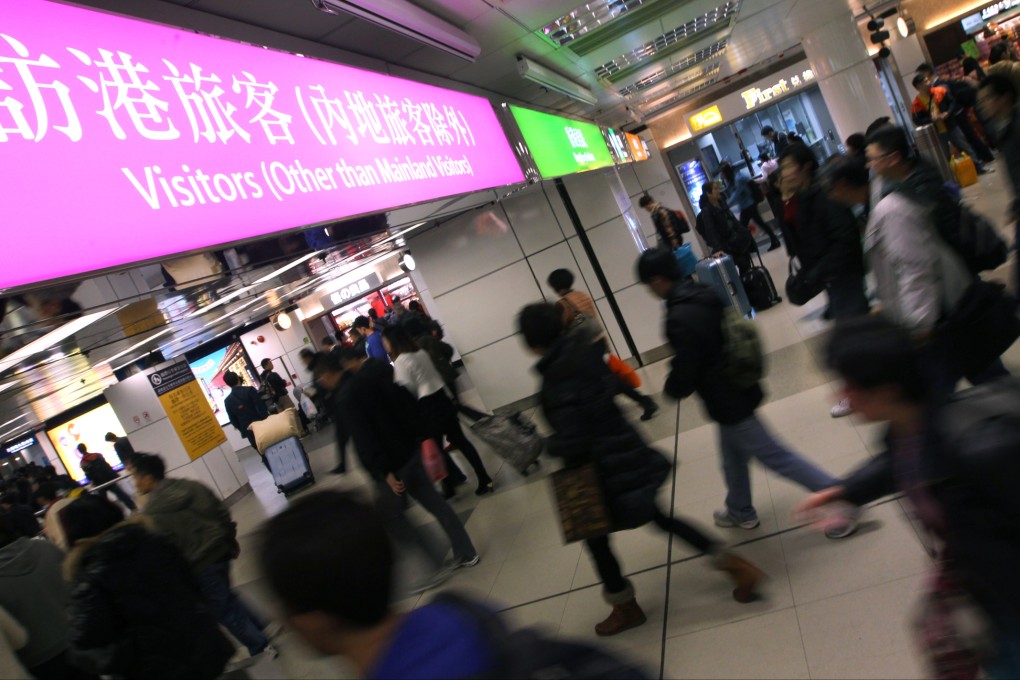Cross-border integration is occurring naturally, all around us
Bernard Chan says better communication will benefit Hong Kong

Every so often, the Hong Kong press reports a language uproar. Maybe someone posts a clip of a class at a local university on YouTube, and a big fuss breaks out because the lecturer is speaking Putonghua. Or people protest because a restaurant produces a menu using simplified Chinese characters.
The offenders are usually defensive. The university might point out that the class was in a postgraduate course in which up to 90 per cent of the students were from the mainland. The restaurant would apologise and hastily reprint the menu in traditional characters. No one points out that many of the textbooks for the university course are in English, or the menu has English and Japanese as well as Chinese.
Even the government gets into trouble with these sensitivities. Critics recently attacked the Education Bureau after noticing that its website described Cantonese as "not an official language". The bureau quickly changed the page and apologised.
What is government policy? Officials usually speak Cantonese, often with some English; they use Putonghua when speaking to mainland counterparts. Official documents in Chinese use traditional characters, and government websites appear in simplified as well as traditional versions.
The official goal is for a "bi-literate and trilingual" population, reading Chinese and English, and speaking Cantonese, Putonghua and English. Public-sector schools mostly teach in Cantonese, using traditional characters.
But - unlike in Singapore - there is no official policy to encourage Putonghua and simplified characters. Our officials do not dare try to influence how people speak. With so many other controversies, officials are happy to leave this issue alone. Most of our officials, like me, are Cantonese speakers who value our local culture.
However, the community is adapting anyway. I hear young shop assistants speaking Putonghua far better than I can. International schools teach only that form of Chinese, and they do it using simplified characters. Many businesses and other institutions produce sales and other materials in simplified characters for mainland clients and audiences.